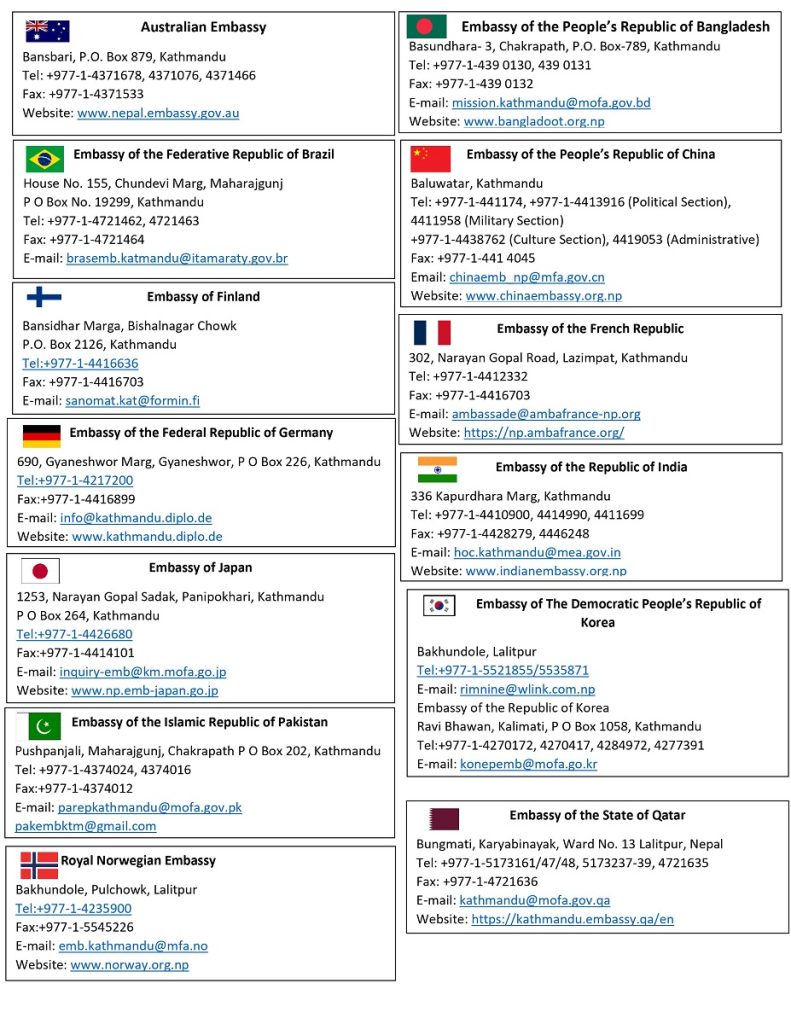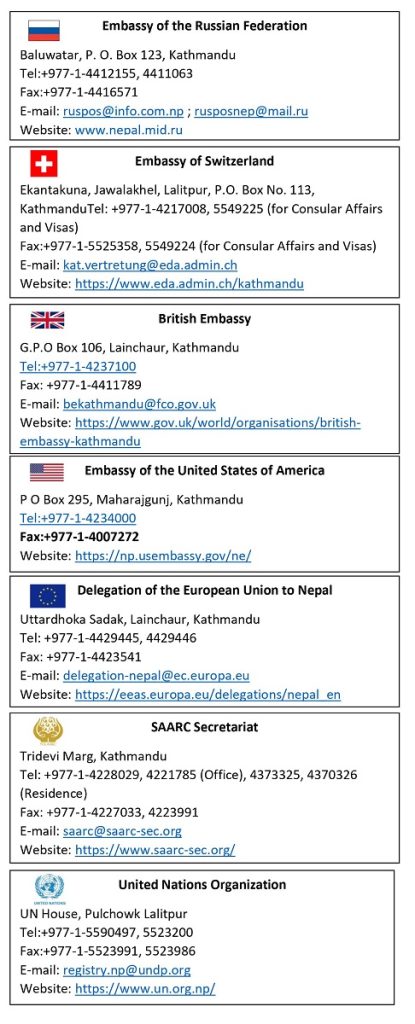




Embassy and consulates are diplomatic missions established by one country in another country to promote and protect the interests of the sending country and its citizens. They serve as important channels of communication and facilitate diplomatic relations between nations. Here’s some information about embassies and consulates:
It’s important to note that the specific functions and services offered by embassy and consulates may vary between countries and depend on bilateral agreements and priorities.

